Enabling local innovators to improve health outcomes in Ghana
Imagine if the next groundbreaking innovation in healthcare didn't come from a sleek lab in a high-rise building, but from a small village in a developing country.
This is exactly what the newly launched Country Innovation Platform (CIP) is aiming to achieve in Ghana. The project is a partnership between the Ghana Health Services, USAID, Grand Challenges Canada, and Amp Health, rooted in identifying scalable innovations with the potential to address critical health challenges.
The CIP programme recently kicked off with a co-creation workshop, where project partners and health innovators stakeholders came together to identify define measurable health challenges that were particularly well-suited to innovative new solutions, and to develop a call for innovators to submit their ideas to be considered for funding and other support innovations.
The call focuses on maternal, newborn, and child health in northern and western Ghana, with a total award pool of USD1.5 million. The goal is to engage innovators, health officials, and community stakeholders in a human-centred design process and establish an ongoing platform for investing in local health innovators.
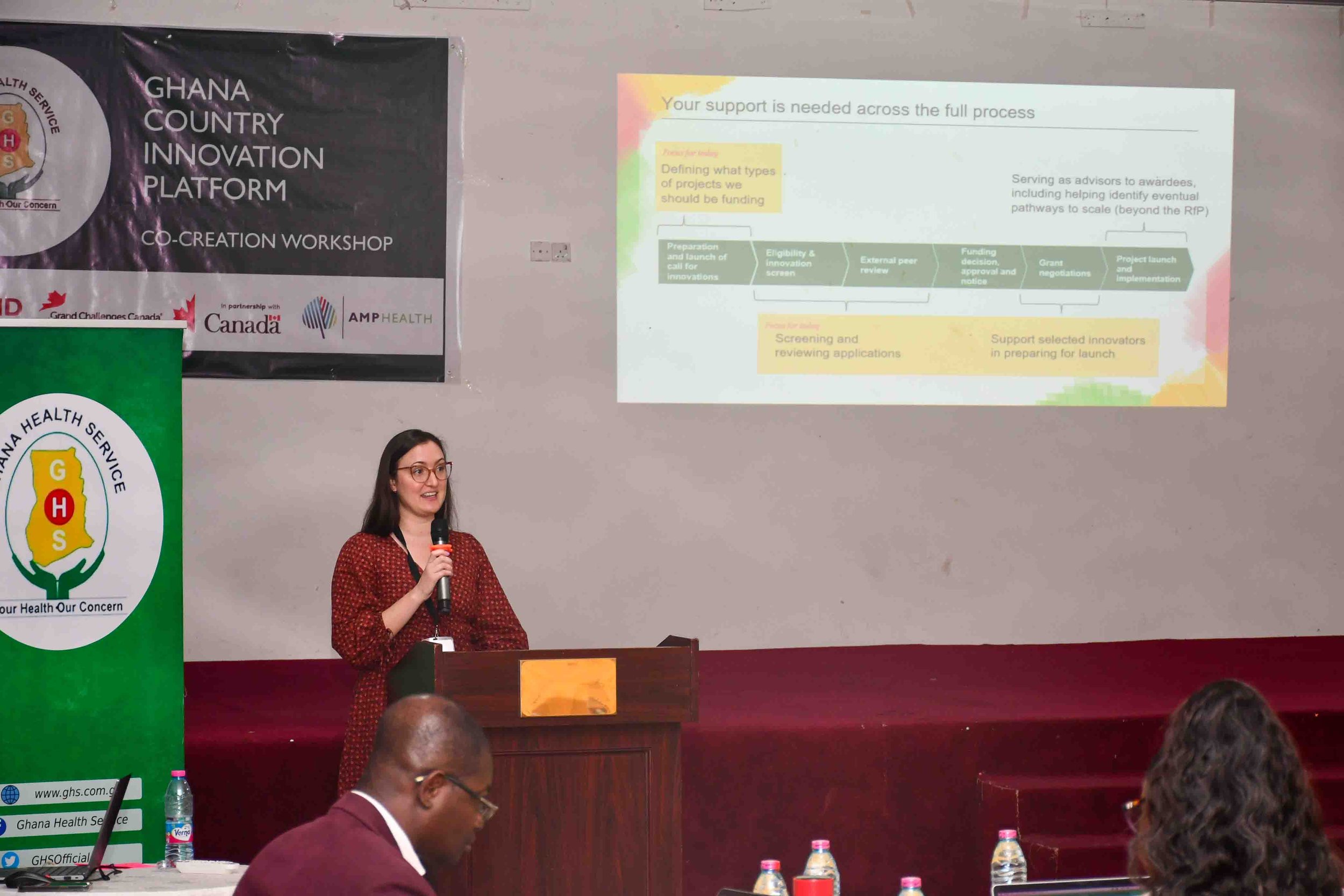
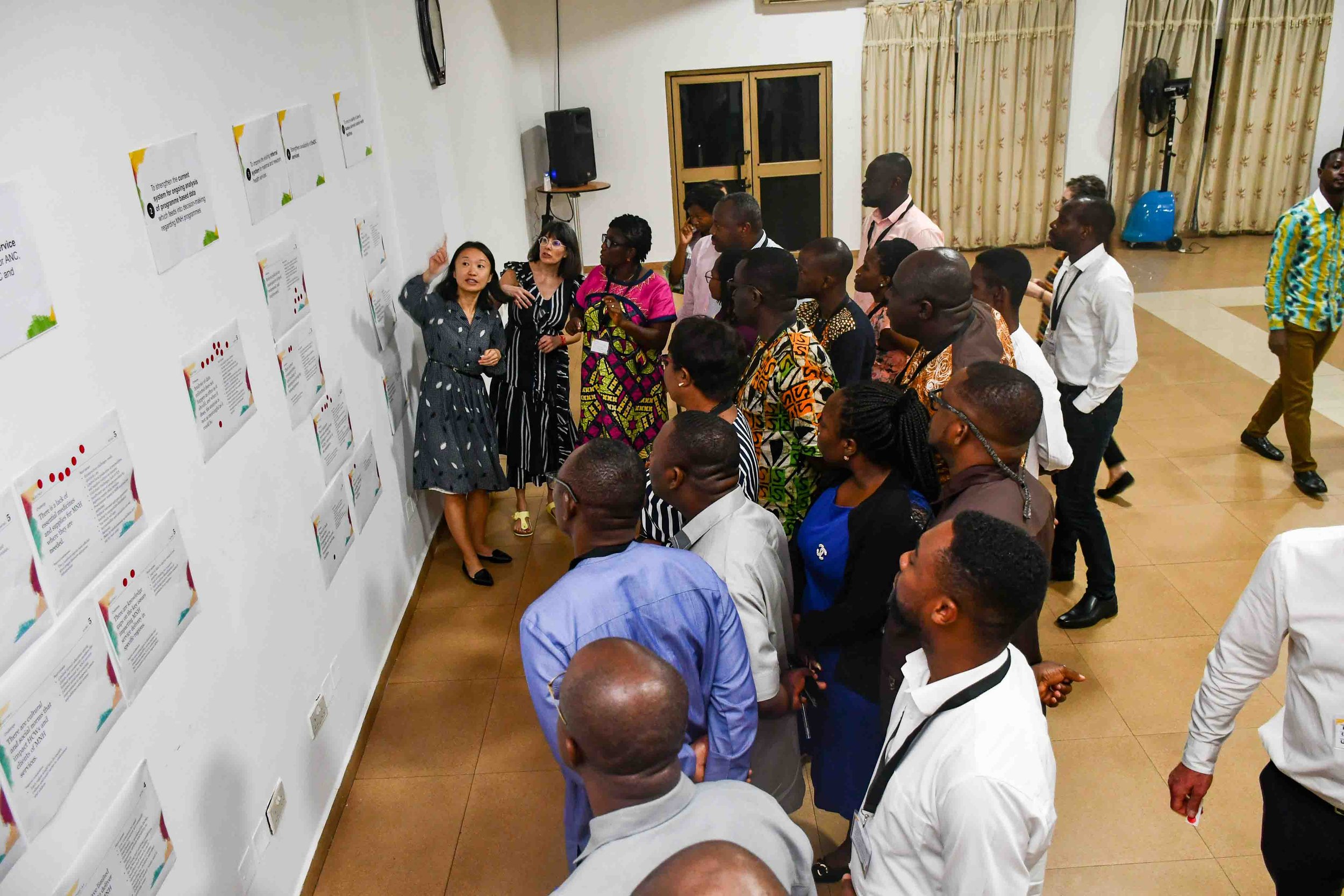
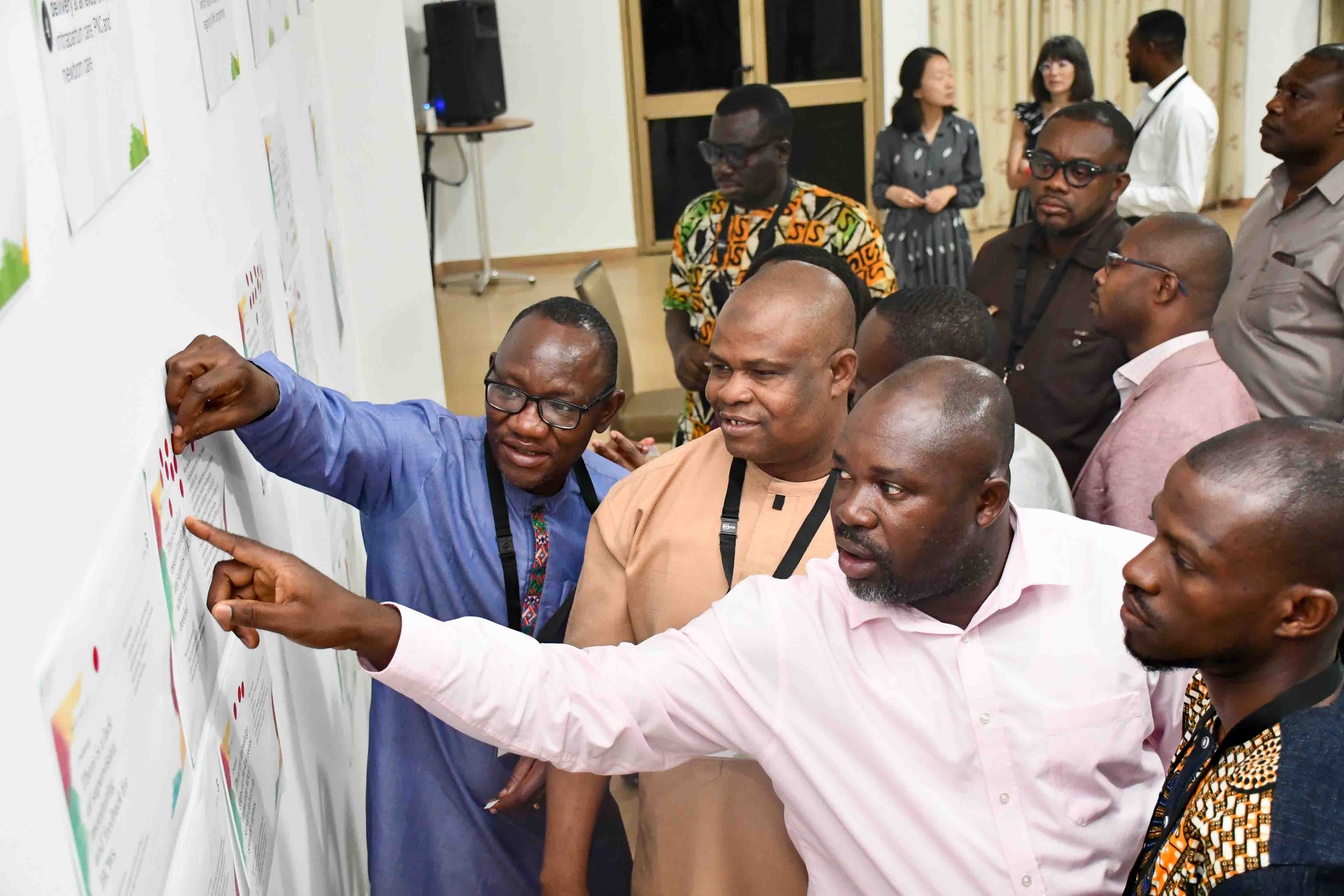


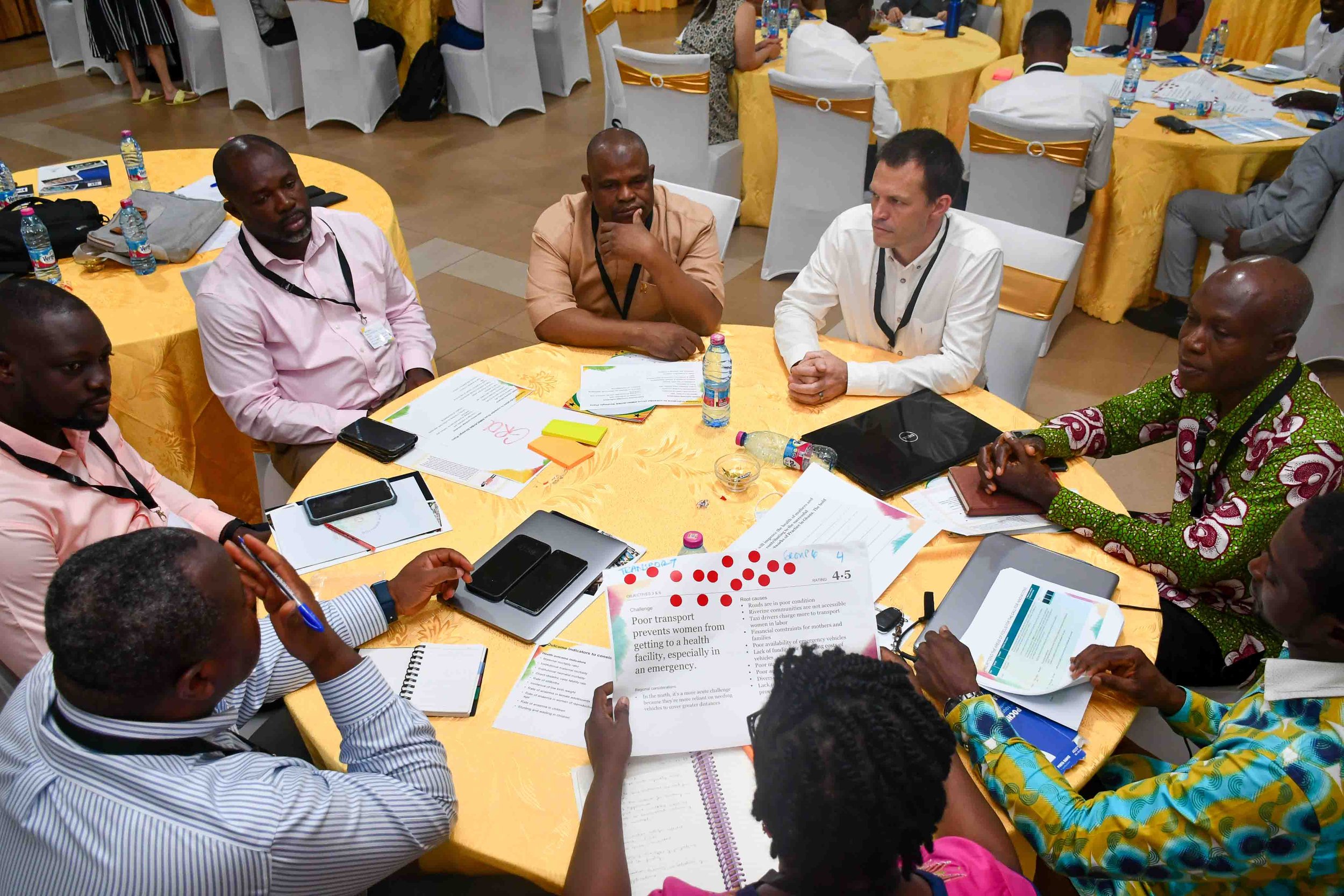
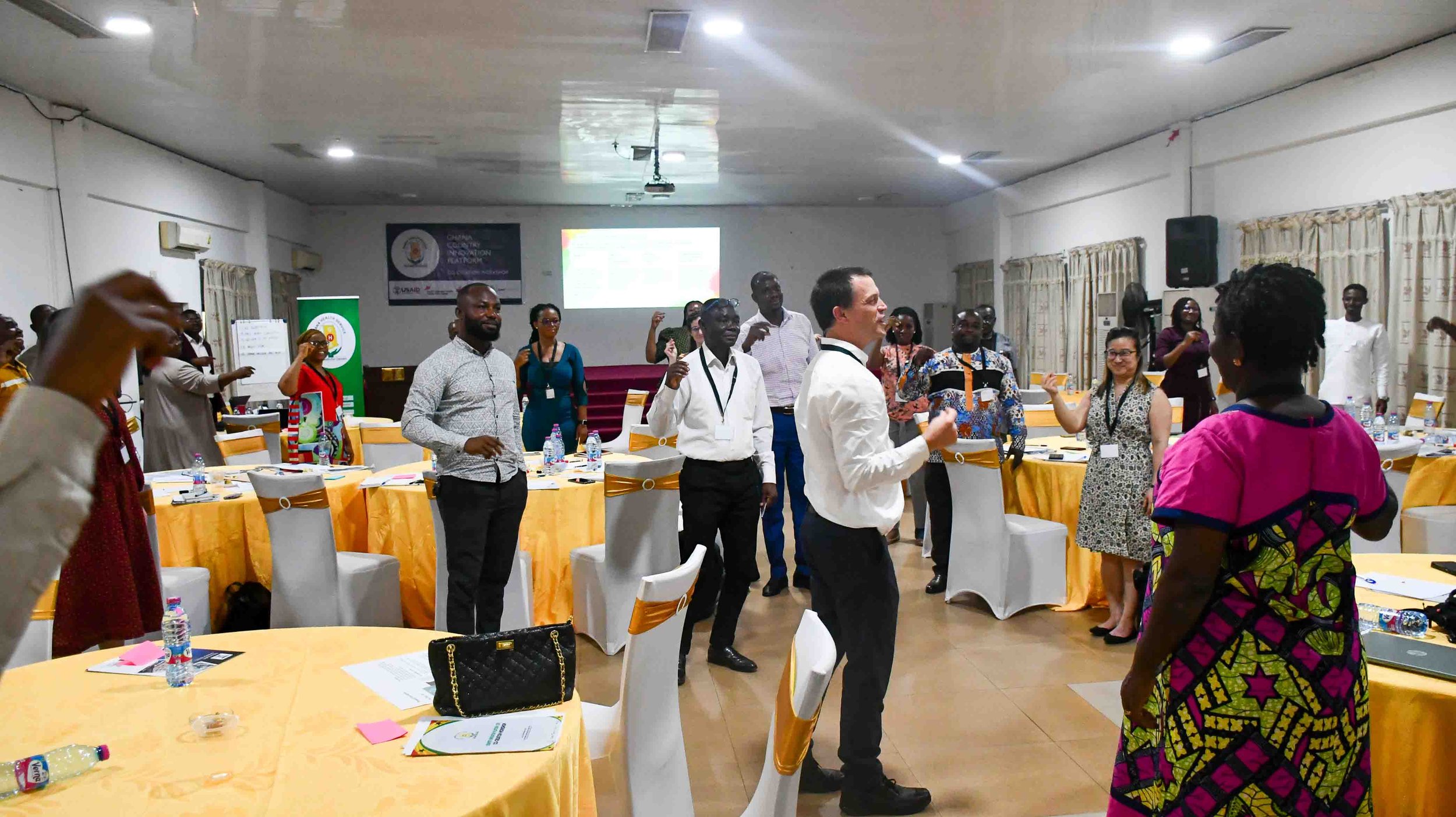
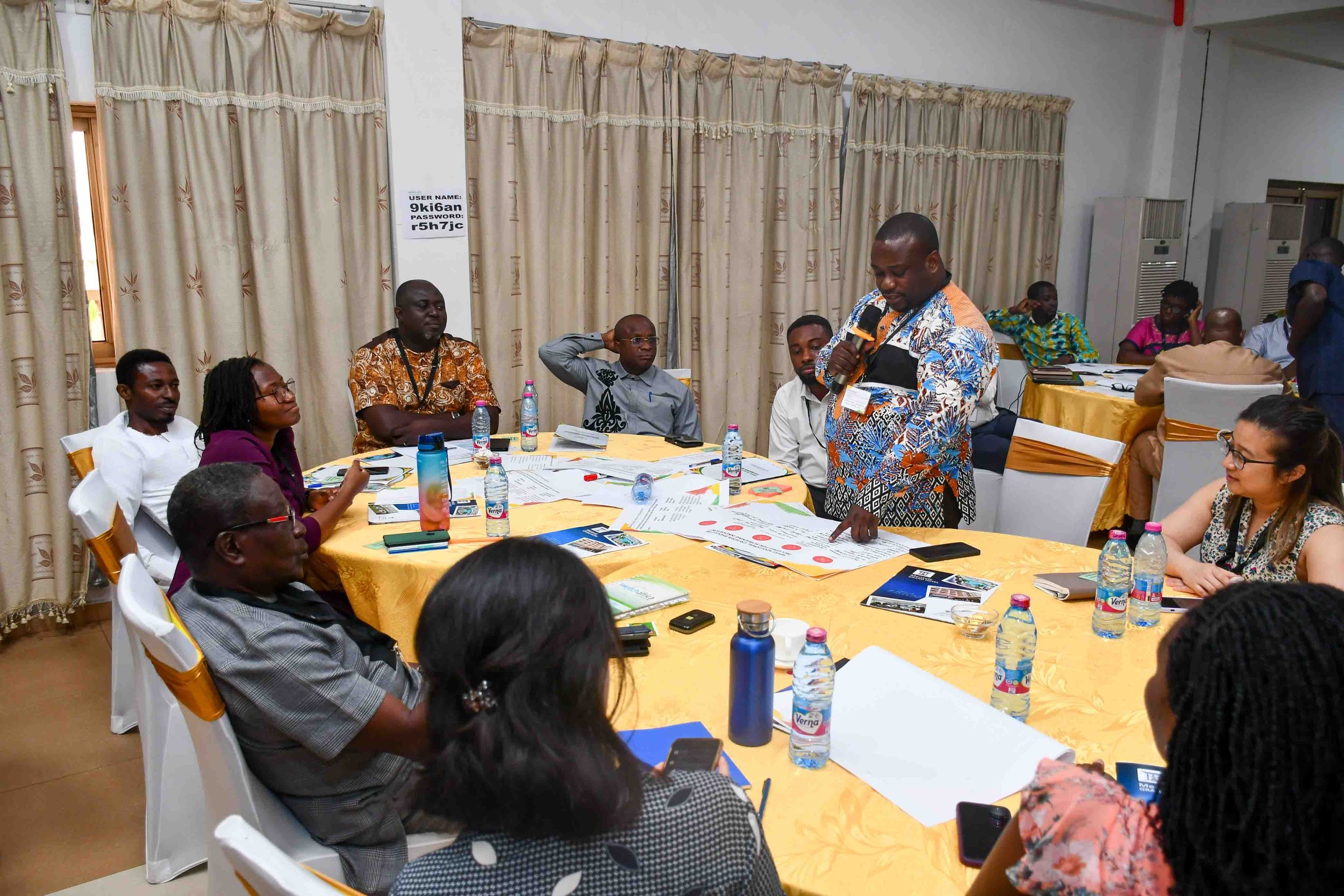
Amp Health has embedded a Management Partner, Chioma Ogbazar, within the Ghana Health Service (GHS) to support the work of the CIP. Chioma will work with both the GHS team, helping them to identify health challenges that are particularly suited to disruptive innovation, and strengthening the leadership and management capabilities that are needed to scale-up and institutionalise new innovations. She will also work with the health innovators, helping them to identify challenges that align with government priorities and have the most potential to be adopted.
While advancements in healthcare have often been associated with high-tech innovations that are developed in wealthier countries, there is a growing recognition of the importance of low-cost, scalable solutions that are developed by the communities that stand to benefit most from implementing them.
The CIP is at the forefront of this trend in Ghana, working to identify and support local innovators in developing solutions to the country’s most pressing health challenges.
Over the years, Ghana has faced several challenges such as a low investment in healthcare, reliance on imports to meet its healthcare needs, limited funding and resources, and high healthcare costs. Despite progress being made, many rural communities still lack access to modern healthcare services and are forced to travel long distances to access care. This has contributed to high maternal and child mortality rates, and other concerning health outcomes.
By investing in a local innovation ecosystem, the CIP aims to identify innovative solutions to Ghana’s current health challenges, as well as to build the enabling environment for developing the innovative solutions that will address future health challenges.
A thriving health innovation ecosystem would also contribute to important economic benefits, both through direct investment in these innovations and as a result of the long-term economic benefits of a healthier and more productive population.
Amp Health Partner Chioma Ogbazar expressed her thoughts on the potential challenges the CIP might face, saying: "The innovation community in Ghana is still growing and operates in silos. It would be great to see different innovators collaborating and resolving complex sectoral issues." Chioma believes that the ultimate goal of the CIP is to “establish an ongoing platform for defining measurable health challenges, and build an in-country system that can identify and support innovations that respond.”
The launch of the CIP is a notable move towards enhancing Ghana's healthcare sector, and promoting localised healthcare solutions for the country's citizens.


